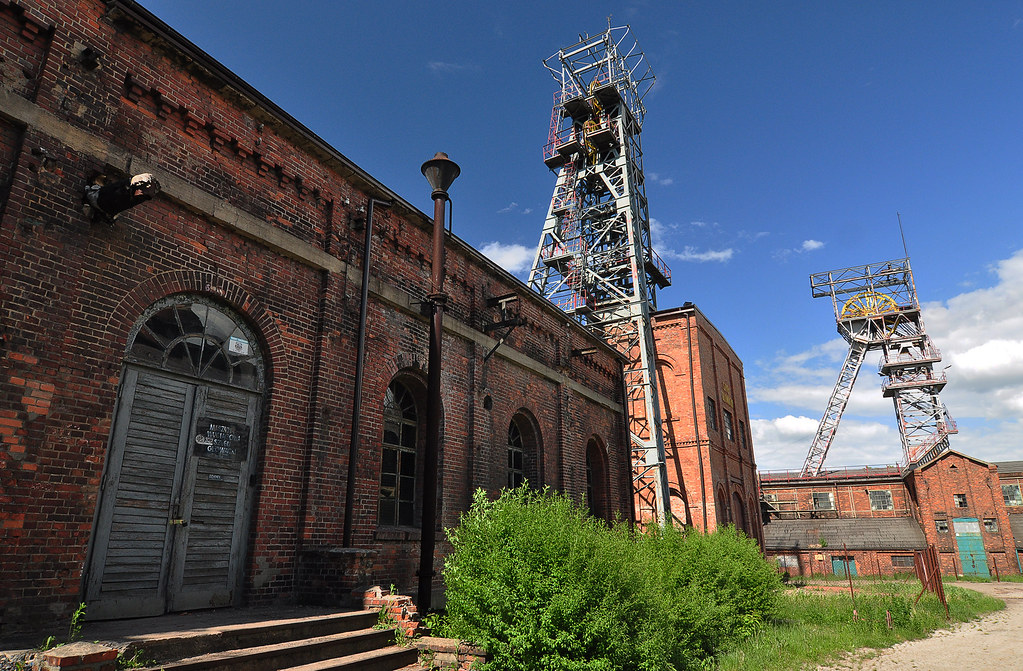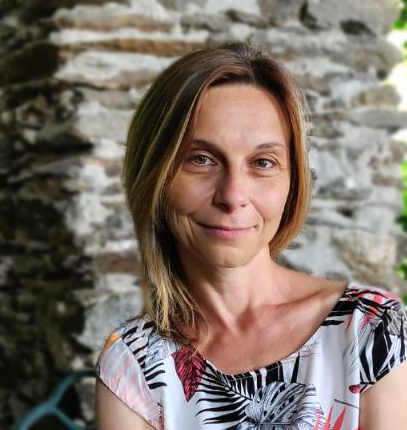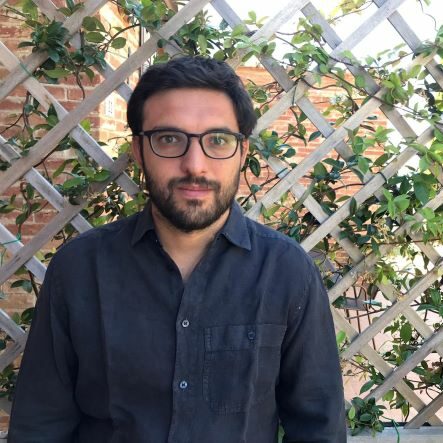Governing the “Just Transition”: Eco-social Politics and Policies in the EU
Our project addresses the issue of how to make the eco-social transition just in the context of both domestic and EU-led policy processes

Project overview
Over the past years, the salience of social and ecological issues has increased substantially all over the world and in the European Union (EU) alike. On the one hand, social challenges such as poverty and inequality have represented a growing concern for European policy-makers especially after the 2008-12 economic and sovereign debt crises as well as during the COVID-19 pandemic; on the other hand, the ecological limits of growth and the need for ambitious climate adaptation and mitigation policies have become ever more evident. Consequently, governments have increasingly committed to social and environmental objectives: “eco-social” policies are thus key to address the trade-offs and possible conflicts arising from pursuing goals in the latter two spheres – both in terms of prioritization of measures and expenditure allocation.
The research project, titled “Governing the “Just Transition”: Eco-social Politics and Policies in the EU”, addresses the issue of how to make the eco-social transition just in the context of both domestic and EU-led policy processes. The point of departure of the project is the European Green Deal (EGD), an encompassing European strategy that also touches upon issues such as the multilevel legitimacy of European integration, domestic eco-social policies, and multilevel social tensions which may arise with regard to the implementation of EGD initiatives. Furthermore, we are also interested in purely domestic politics and policies which may not be connected to European strategies. More specifically, the research questions addressed by the project are:
- How can the multilevel eco-social linkage be conceptualized and empirically studied with regards to politics and policies?
- What are the main characteristics of the EU eco-social policies’ design and what have been the main political determinants of the new EU eco-social agenda?
- Since the eco-social mix entails multiple trade-offs, which solutions specific countries have tried to integrate and balance social and environmental goals in strategic policy sectors for the EU, such as regional and urban development, de-carbonization strategies and energy poverty to make the green transition just in the post-COVID-19 governance framework?
- How do different national policy legacies and domestic political dynamics shape the eco-social transition in the three strategic policy fields: regional and urban development, de-carbonization strategies and energy poverty?
The research will be based on primary and secondary document analysis as well as on semi-structured interviews with key informants at different levels of government. The project will adopt a qualitative method approach through a triangulation of different data sources to empirically investigate the multilevel developments of eco-social policies, with particular attention to EGD-related political and policy processes. In addition to spelling out supranational dynamics, the project analyses the interactions between the European and the domestic levels, as well as developments at the national, regional and local level in Germany, Ireland, Italy, Poland, Spain, and Sweden. These six Member States belong to different ‘worlds of eco-welfare states’, i.e. different interactions of social and environmental conditions such as ecosystem vitality, air pollution, at-risk-of-poverty rate or long-term unemployment.
Project objectives
Advancing the conceptual and analytical understanding of eco-social politics and policies
Extant scholarship has investigated the interconnections, conflicts and trade-offs between environmental and social objectives, focusing mostly on the normative foundations of just transition as viewed primarily from the economic and sociological perspectives. This project will contribute to developing a conceptual and analytical framework to be deployed for unveiling political and institutional conditions that facilitate or hamper the formulation, adoption and implementation of eco-social policies in the EU multi-level context. Building on insights from the eco-social debate, EU politics and public policy studies, the research will advance novel conceptual and analytical tools that allow us to deliver a nuanced view of how a variety of political factors at European and domestic levels may affect eco-social policies content, implementation dynamics and outputs.
Enriching empirical knowledge on policy transformation and political challenges related to socio-ecological transitions at the EU level and in a comparative perspective
Although the eco-social research agenda has been bourgeoning, limited empirical knowledge still exists on how eco-social policies are designed and implemented in different domestic contexts. The proposed research aims to contribute to bridging this gap by carrying out an in-depth analysis of the design and implementation of three essential policy packages: regional and urban development, just transition and energy poverty. These policies appear to be particularly important in terms of both their relevance for the EU 2021-2027 budgetary expenditures and the innovative nature of the eco-social policy mix they developed to implement the European Green Deal agenda for a just ecological transition. Furthermore, the socio—ecological transitions will also be analyzed by looking at other existing domestic policies.
In addition to mapping the key institutional actors and stakeholders which were involved in the formulation and implementation of EU and domestic eco-social policies in the selected countries, an open access database will be created with the objective of providing a systematic overview of the multitude of policy instruments that have been activated at different territorial levels to translate the eco-social agendas into effective measures.
Delivering policy recommendations regarding eco-social politics and policies at EU and domestic level
The empirical findings of the project will constitute a rich pool of knowledge on the eco-social policy mixes within the selected EU strategic policy packages, outlining their multiple patterns and impacts. Therefore, project activities and outputs will offer valuable insights to policy makers and public administrations, who are involved in the design and implementation of eco-social policies at the different territorial levels, with particular regard to the different types of policy measures that can be activated to simultaneously pursue social and environmental goals, and the processes that enable sound and inclusive decision-making.
In order to validate and make the collected data and knowledge immediately available for practical usage, the project will: i) organize various meetings on various aspects of the project with the purpose of obtaining experts’ perspectives and opinions on the project findings; ii) prepare policy briefs, also based on the focus groups outcomes, to outline the major elements of weakness and strength in the implementation of the four packages in the different contexts, and formulate relevant policy recommendations.
Timeline
The project will have a total duration of two years and will be divided into six work packages (WP) dealing with different aspects of the topic.
During the first six months, the project will focus on building the conceptual and analytical framework (WP1).
Subsequently, we will analyse eco-social policies and interventions at both European and national levels, also taking into account multi-level governance and joint actions between the different levels (WP 2-5). During this phase we will also conduct several interviews in the 6 countries included in our sample. In the final months we will publish the research results in scientific contributions.Throughout the duration of the project we will carry out a series of dissemination activities, including the organisation of two summer schools, several workshops in cooperation with partner institutions, the drafting of policy briefs and the creation of a public database with the results obtained (WP6)
Meet the team
Research team
Scientific Advisory Board
Milena Büchs
Sustainable Welfare
University of Leeds
Kajsa Emilsson
Social Work
Lund University
Béla Galgóczi
Economic and labour market policies
European Trade Union Institute
Matteo Mandelli
Eco-social policies
Sciences Po Paris
Oscar Molina
Sociology of work
Universitat Autònoma de Barcelona
Frank Siebern
Fair, Green and Digital Transitions
DG Employment, Social Affairs and Inclusion, European Commission
Maria Theiss
Social Policy
University of Warsaw
Katharina Zimmermann
Economic Sociology
University of Hamburg









